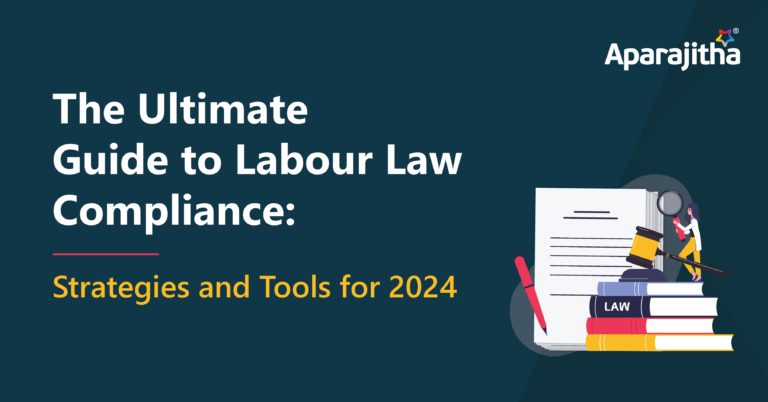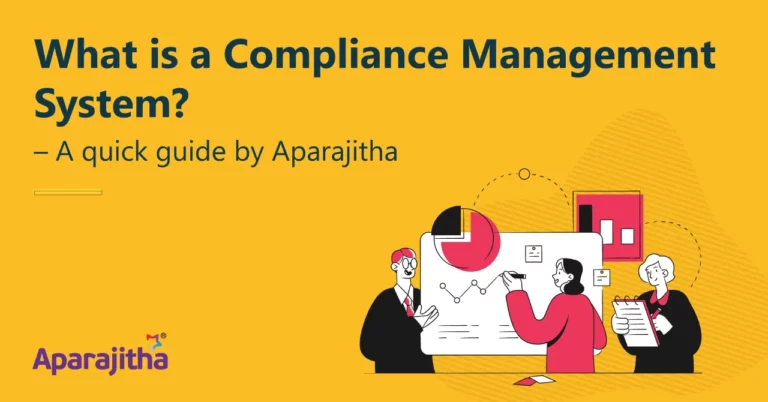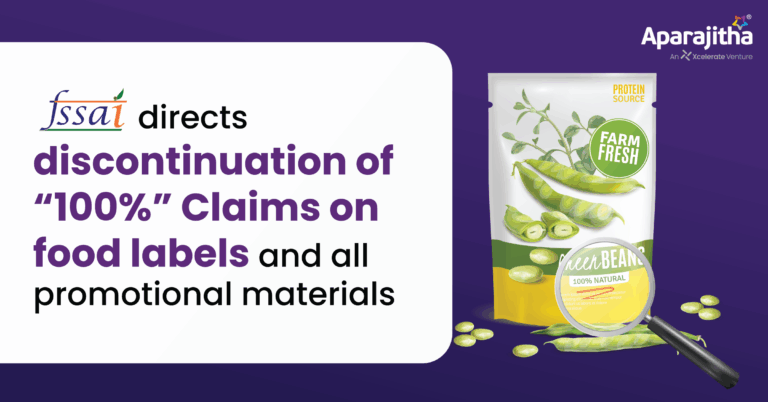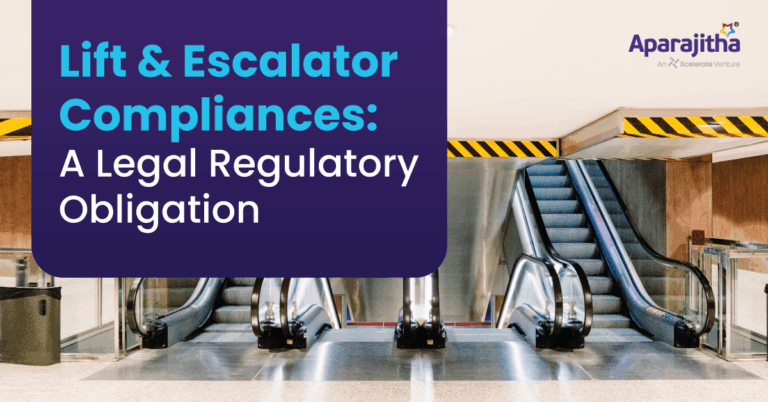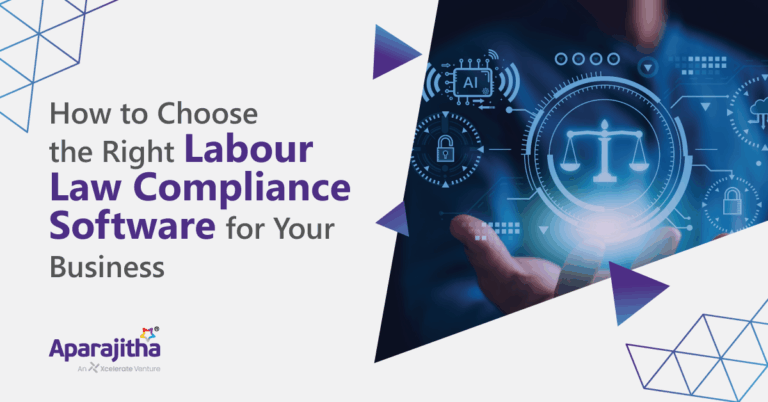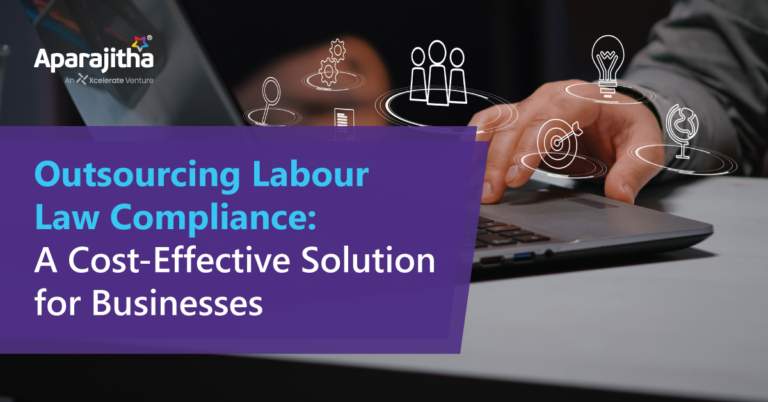According to the latest buzz, Employee Provident Fund deduction may increase soon for certain segments of the working population. The change does not affect employees earning more than Rs. 15000 in basic wages plus dearness allowance. All variable labour allowances linked to the employee’s efforts, such as overtime allowance, can be excluded.
What’s the existing model:
Currently, according to the Employees’ Provident Fund (EPF) Act, 1952, an employee can invest 12% of basic salary and dearness allowance in EPF while the employer is stipulated to invest an equal sum. If the basic salary plus dearness allowance of an employee is Rs.12000, the employer deducts ₹1,440 towards PF every month and contribute ₹1,440 from his end. These components are part of the employee’s CTC ( Not all components but only Employer’s contribution @ 12% could be considered to be part of CTC. Employee’s contribution @ 12% is deducted from the employee’s monthly income). So, now, things change for this segment of employees.
If the employee earns more than ₹15,000 per month in basic salary and dearness allowance, the employer can limit the PF deduction to 12% of ₹15,000 ( ₹1,800). This effectively means a reduction in their matching contribution to 12% of ₹15,000 ( It is not actually a reduction. The law itself provides for this option, i.e., the employer can reckon the entire actual salary – Basic plus DA – or can restrict it to the prevalent statutory ceiling which is Rs 15000/- currently. Both are correct and are in practice already ). Several employees do not enter this zone and contribute 12% of the actual basic salary plus dearness allowance, even if the sum is higher than ₹15,000. Remember only the basic and dearness component is factored in PF while special allowances aren’t.
What has changed:
With the recent change, people will be investing more in the employee’s provident fund scheme. However, regarding this ruling, the Supreme Court has stated that all allowances, like special allowance and dearness allowance, should be included ( it’s a mandate already to reckon Dearness Allowance for PF contributions. The present Supreme Court judgment does not say anything about this ). Employers who were voluntarily deducting PF contributions on wages above ₹15,000 per month would not be hit by the latest Supreme Court decision. House rent allowance or HRA is excluded by the definition of basic wages under Section 2(b) of the EPF Act, 1952 and hence will not be affected by the judgment.
What is the impact:
This definitely means that several employees who earn less will be seeing a growth in their PF linked investments. It is indeed a welcome move that sounds very promising. The lower end of the salary strata will be seeing a better and safer investment vehicle with their PF funds. Most of India sees the EPF as the safest option for long term locking in of their investments from their salaries. Earlier, EPFO had found in a survey earlier that scores of employers were splitting their employees to pay packages into numerous allowances to reduce their EPF liability. So, the move is much appreciated.
Addendum with regard to labour law compliance and payroll compliance What does this mean for organizations with an employee who falls within this pay scale?
According to the newly proposed change, organizations will have to restructure their payroll for employees ( it is not necessary to restructure. But the companies have to start reckoning the allowances which are not falling under the exception for PF contributions particularly when the salary is not more than Rs 15000/- ). Anyone whose pay (basic plus variable pay that comes within the bracket) is less than 15000 per month is subject to the new laws. So, labour laws and payroll laws change significantly. the payroll team has to segregate people according to their pay scales and restructure their PF components. Failure to do so will result in a breach of labour law compliance and payroll compliance.


